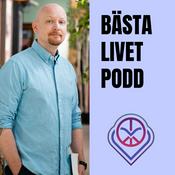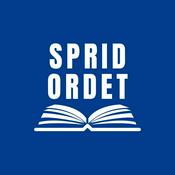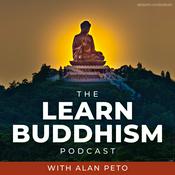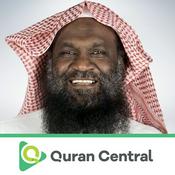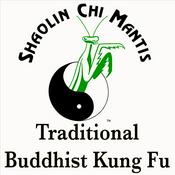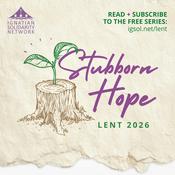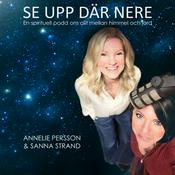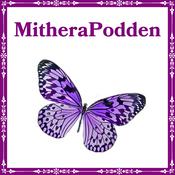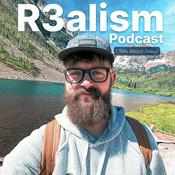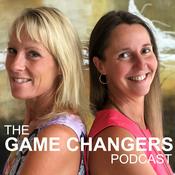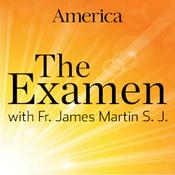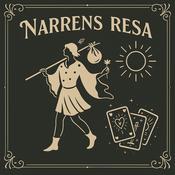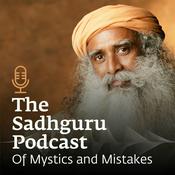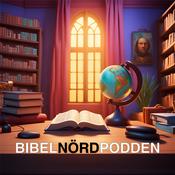The Zen Mountain Monastery Podcast
Zen Mountain Monastery
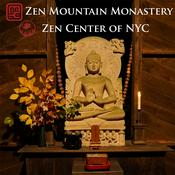
Senaste avsnittet
195 avsnitt
- Jody Hojin Kimmel, Sensei Zen Center of New York City, Fire Lotus Temple, Brooklyn, Sunday 02/08/2026 Coming together, falling apart, are these the same? Different? Practice can show us the freedom of mind responding according to circumstance. In this talk, Hojin Sensei reflects on the koan from the Hidden Lamp, Chiyono’s No Water, No Moon, […]
The post Coming Together – Falling Apart first appeared on Zen Mountain Monastery. - Geoffrey Shugen Arnold, Roshi Zen Mountain Monastery, Mt Tremper, New York, Sunday 01/11/2026 From Master Wu-Men’s Gateless Gate, Case 39: Yun-men Says You Missed It Three core aspects of Zen practice are morality, calming the mind, and insight into the nature of reality. Without this third element, wisdom-insight, Zen isn’t truly a liberating practice. Shugen […]
The post Missing It, Seeing It first appeared on Zen Mountain Monastery. - Bear Gokan Bonebakker, Osho Zen Mountain Monastery, Mt Tremper, New York, Sunday 01/18/2026 In a series of talks on the Eightfold Path, Gokan Osho looks at effort, one of the core concentration factors of the path. Early on in our lives we mostly overreach, becoming competitive or extremely self-critical, and sometimes give up all together. […]
The post Practicing the Path: Right Effort first appeared on Zen Mountain Monastery. - Geoffrey Shugen Arnold, Roshi - ZMM - 01/04/2026 - With a new year upon us we all have the chance to start fresh. This is always true because nothing is fixed, everything is subject to change, a truth of the dharma which we can verify for ourselves. We have accumulated experiences, memories, expectations, but those are not fixed either. In this perspective, the new year is auspicious because it is full of possibilities, revealing its potential as we take up life fully, with integrity, commitment and kindness. - From Master Dogen's 300 Koan Shobogenzo (The True Dharma Eye), Case 39 - Jingqing's "Buddhadharma at the New Year"
The post An Auspicious Year first appeared on Zen Mountain Monastery. - Jody Hojin Kimmel, Sensei - ZCNYC - 1/4/26 - In this talk Hojin draws on the teachings of Zen Master Bankei and the importance of allowing the still point to find us. All so very relevant. His teachings point to something very simple and very radical: before thought, before preference, before judgment—seeing happens, hearing happens, smelling, tasting, touching happens. And none of that needs a self to make it happen. How curious!
The post Stillness Within the Pulses of the Pattern first appeared on Zen Mountain Monastery.
Fler podcasts i Religion och spiritualitet
Trendiga poddar i Religion och spiritualitet
Om The Zen Mountain Monastery Podcast
The Mountains and Rivers Order (MRO) is a Western Zen Buddhist lineage established by the late John Daido Loori Roshi and dedicated to sharing the dharma as it has been passed down, generation to generation, since the time of Shakyamuni Buddha. Zen Mountain Monastery, the main house of the Mountains and Rivers Order, is one of the West’s most respected Zen Buddhist monasteries and training centers. Nestled in New York’s beautiful Catskill Mountains, the Monastery draws its strength from the ancient tradition of Buddhist monasticism. Since 1980, the Monastery has offered spiritual practitioners traditional and innovative ways to engage the dharma through a wide range of retreats and residential programs that unfold within the context of authentic, full-time Zen monastic training. The Zen Center of New York City: Fire Lotus Temple is the city branch of Zen Mountain Monastery. Supporting home practitioners in the metropolitan area, ZCNYC offers varied practice opportunities within the Eight Gates training matrix.
Podcast-webbplatsLyssna på The Zen Mountain Monastery Podcast, Makten och härligheten och många andra poddar från världens alla hörn med radio.se-appen

Hämta den kostnadsfria radio.se-appen
- Bokmärk stationer och podcasts
- Strömma via Wi-Fi eller Bluetooth
- Stödjer Carplay & Android Auto
- Många andra appfunktioner
Hämta den kostnadsfria radio.se-appen
- Bokmärk stationer och podcasts
- Strömma via Wi-Fi eller Bluetooth
- Stödjer Carplay & Android Auto
- Många andra appfunktioner


The Zen Mountain Monastery Podcast
Skanna koden,
ladda ner appen,
börja lyssna.
ladda ner appen,
börja lyssna.






